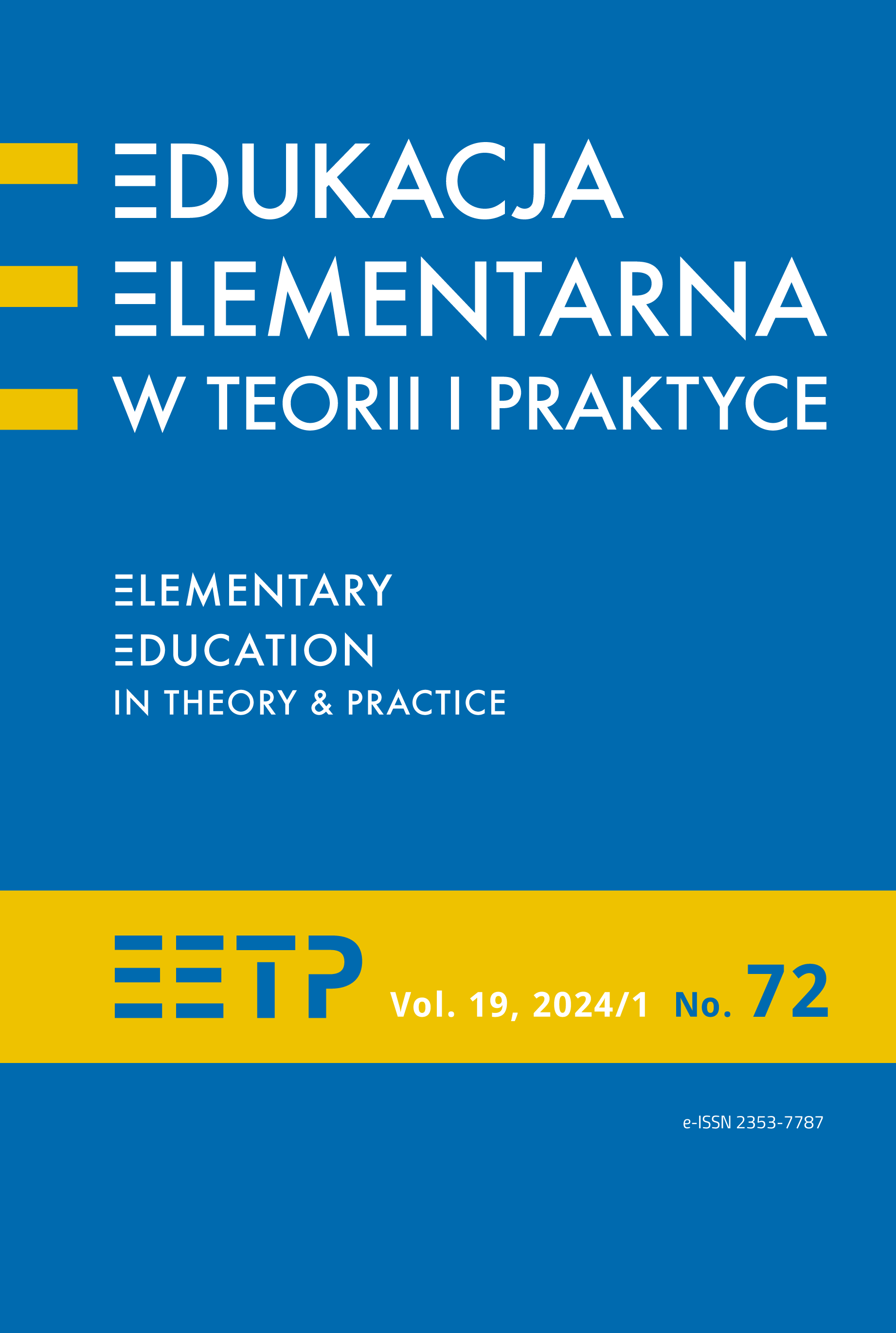Nabywanie kompetencji społecznych przez przedszkolaków w sytuacjach zadaniowych
The Acquisition of Social Competence by Preschoolers in Task Situations
Author(s): Jolanta SajderaSubject(s): Preschool education, Social psychology and group interaction
Published by: Uniwersytet Ignatianum w Krakowie
Keywords: Anne-Nelly Perret-Clermont; peer interaction; social competence; post-piagetian research; preschool children;
Summary/Abstract: Childhood is a period of human life when interactions with peers become an opportunity to acquire social skills. The aim of this article is to contribute to analyses concerning social competence of preschool children in two dimensions: cognitive, by expanding knowledge of the theoretical basis for the acquisition of social competence; and teleological, by presenting educational situations that support the acquisition of social competence in childhood. In the first part, the concept of social competence was characterised, pointing out the definitional difficulties arising from different theoretical approaches in social sciences. Then, the profile of the Swiss researcher Anne-Nelly Perret-Clermont, who originated from the Geneva School, was presented, as well as the assumptions of the social-cognitive concept, which is an example of the post-Piagetian trend in social research. The second part presents examples of the practical application of the phenomenon of social-cognitive conflict in the interactions of six-year-old kindergarten children. The aim of the study was to draw attention to the possibilities of supporting their social competences. Three types of art-construction exercises that encourage children to share a tool, an idea and space are described. Attention was paid to the emergence of argumentative skills during interaction and the dilemmas of organising work in children’s teams.
Journal: Edukacja Elementarna w Teorii i Praktyce
- Issue Year: 19/2024
- Issue No: 2 (73)
- Page Range: 25-37
- Page Count: 13
- Language: Polish

